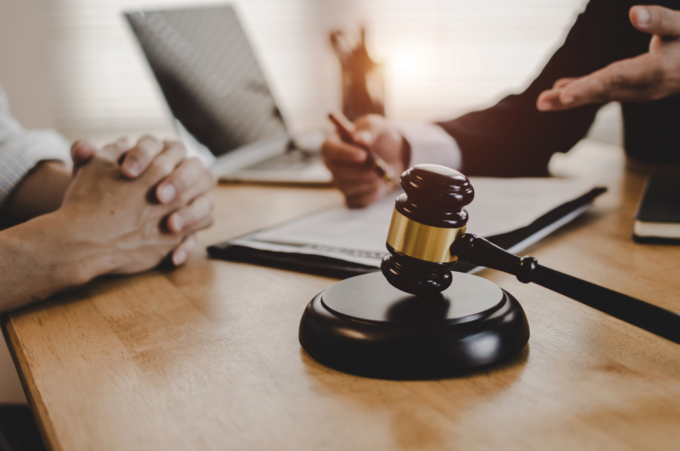
Process servers play a crucial role in the legal system by ensuring that legal documents are properly and timely delivered to individuals involved in legal proceedings. In Chicago, like in many other jurisdictions, there are specific legal requirements and regulations that govern the profession of process serving. This article aims to provide an overview of the legal requirements for process servers in Chicago, shedding light on the responsibilities, qualifications, and ethical standards that guide their operations.
Licensing and Certification
In Chicago, process servers are typically required to be licensed and certified. The licensing process involves submitting an application to the appropriate authority, often a court or a state agency, along with any necessary fees. To obtain certification, individuals may need to complete training programs that cover the legal aspects of process serving, ethical standards, and relevant state and local laws. Licensing ensures that process servers are knowledgeable about the legal framework within which they operate.
Service of Process Rules
Chicago, like the rest of Illinois, follows specific rules regarding the service of process. Process servers must adhere to these rules to ensure that legal documents are served correctly and within the bounds of the law. For instance, Illinois law may dictate the acceptable hours during which service can be performed and the methods by which documents must be delivered. Understanding and strictly following these rules is essential for a process server to carry out their duties effectively.
Ethical Standards and Professional Conduct
Professionalism and ethical conduct are paramount in the field of process serving. Process servers in Chicago are expected to conduct themselves with integrity and honesty throughout the entire service process. This includes accurately completing affidavits of service, providing truthful information about the served documents, and respecting the rights and privacy of the individuals involved. Violations of ethical standards can lead to legal repercussions and damage the credibility of the process server.
Proper Documentation
Accurate and detailed documentation is a fundamental requirement for process servers in Chicago. After serving legal documents, process servers must prepare an affidavit of service or proof of service, providing a sworn statement detailing the time, date, location, and method of service. This documentation serves as a crucial record in legal proceedings, helping to verify that due process was followed and the individual was properly served.
Communication Skills and Discretion
Process servers often need to interact with a diverse range of individuals during the service of process. Strong communication skills are essential for effectively conveying information and diffusing potentially tense situations. Additionally, process servers must exercise discretion and professionalism when approaching individuals to avoid unnecessary conflict or confrontation. These skills contribute to the overall efficiency and effectiveness of the service process.
Continuous Education and Compliance
The legal landscape is subject to change, and process servers in Chicago must stay informed about any updates to laws and regulations governing their profession. Continuous education is vital for process servers to remain compliant with the latest legal requirements and to provide reliable and lawful services. Staying current with industry best practices ensures that process servers maintain the highest standards of professionalism.
> Conclusion
Understanding the legal requirements for process servers in Chicago is crucial for those operating in this field. By adhering to licensing regulations, following service of process rules, upholding ethical standards, maintaining accurate documentation, and staying informed about legal updates, process servers can contribute to the fair and efficient functioning of the legal system in Chicago. As essential players in the legal process, process servers play a pivotal role in upholding the principles of justice and due process.












Leave a Reply